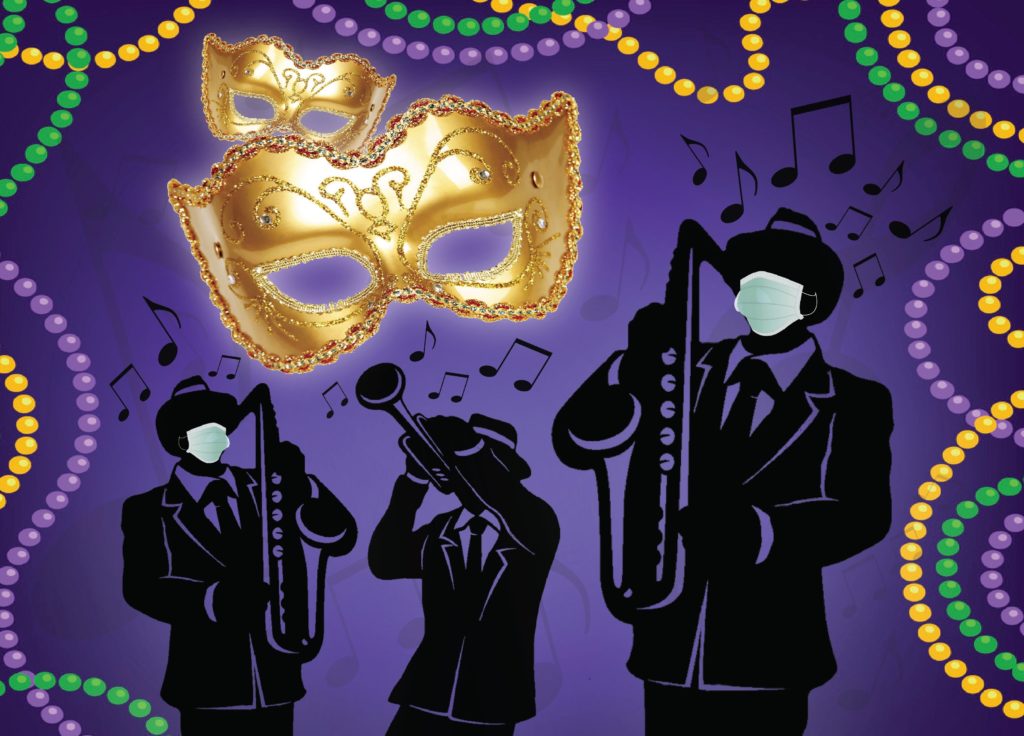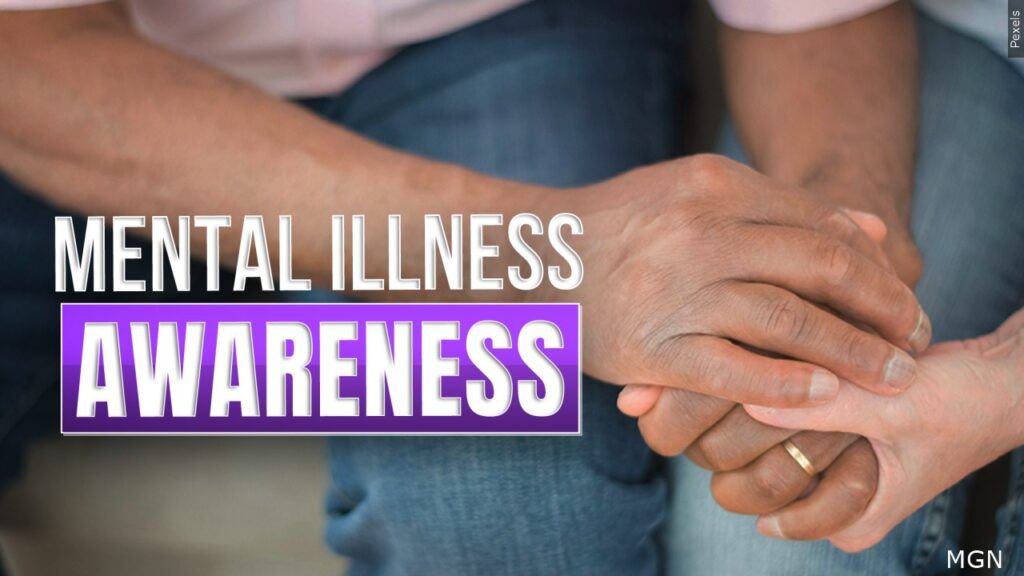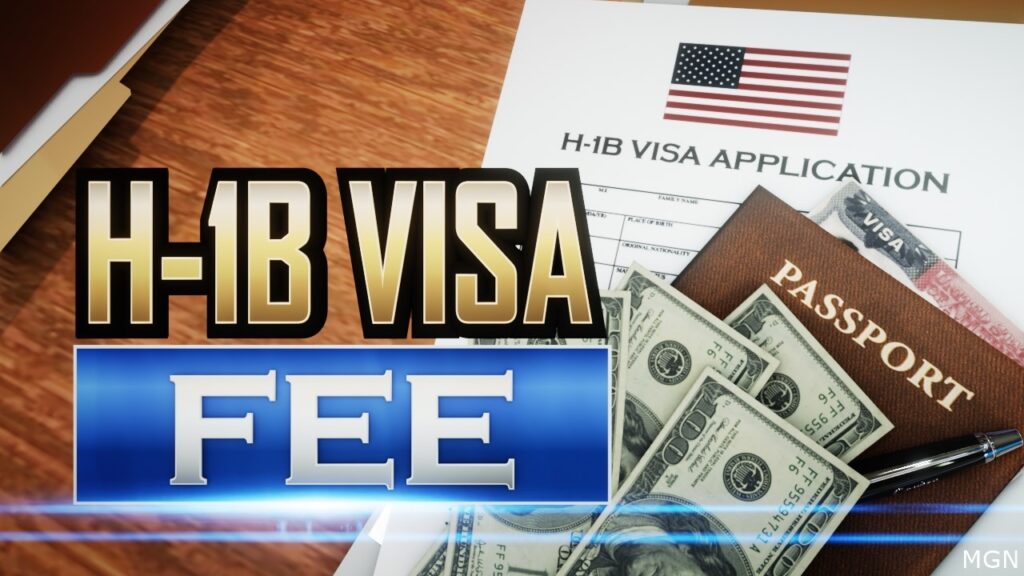Mardi Gras is a catalyst for thousands to congregate in Louisiana and also seems to have been a catalyst for the fast-growing coronavirus. People from all parts of the world gathered closely in celebration which contributed to the current suffering Louisiana is facing in regards to COVID-19.
It would be negligent for someone to ignore the fact that COVID-19 cases in Louisiana skyrocketed following Mardi Gras, which is why festivities should have been cancelled.
According to the Louisiana Department of Health (LDH), the state is currently ranked second for the amount of per capita deaths reaching 370, as a result of the coronavirus. In just two weeks, the state has gained thousands of reported coronavirus cases — now at 10, 297. Out of that 10,297, over 1,700 patients are in the hospital, and over 530 are on ventilators.
Louisiana’s health care system is far from equipped to tend to all of these patients.
Governor John Bel Edwards explained in an interview with CBS News that Louisiana is currently experiencing a rapid growth curve in reference to coronavirus cases. According to Edwards, this extreme growth could potentially lead to an excess demand of ventilators, specifically in the New Orleans area by April 4.
Could this dilemma possibly be a result of the high fluctuation of people in the city of New Orleans during Mardi Gras? It’s extremely hard to avoid this pertinent thought.
At the time, according to the CDC, there were only 15 COVID-19 cases nationwide, an argument Edwards uses to justify why he didn’t cancel Mardi Gras. Although this is true, considering the rapid growth that was noticed in other countries, it would have been wise to cancel the festivities. Mardi Gras is not just celebrated one day; It is a week-long celebration — a week-long breeding ground for the virus.
It takes between 2-14 days for symptoms of the virus to appear. The first case in Louisiana appeared just 13 days after Mardi Gras. A coincidence?
According to the LDH, Edwards ceased any gatherings exceeding 250 attendees 17 days after Mardi Gras, and four days after the first case was discovered in Louisiana. If Edwards would have made this order just 17 days earlier, during Mardi Gras, maybe he could have slowed the rapid spread.
An article published by The New York Times, “New Orleans Faces a Virus Nightmare, and Mardi Gras May be Why,” shed some light on the problems in the bayou state. The article revealed that between the festivities and the first confirmed COVID-19 case in Louisiana, people tested negative for the flu while experiencing flu-like symptoms and were sent home. Those individuals may have been suffering from symptoms of the coronavirus and possibly spreading it.
Coronavirus reports from other southern states were also among those who attended Mardi Gras in New Orleans. Not only did the festivities affect the surrounding parishes, but it has also affected other states as well.
No, at the time, the federal government had not recommended the cancellation of such large-scale events. But Governor Edwards should have considered the magnitude of Mardi Gras and the influx of people in conjunction to it. He should have taken extreme measures of cancelling Mardi Gras festivities based on his own judgment.













